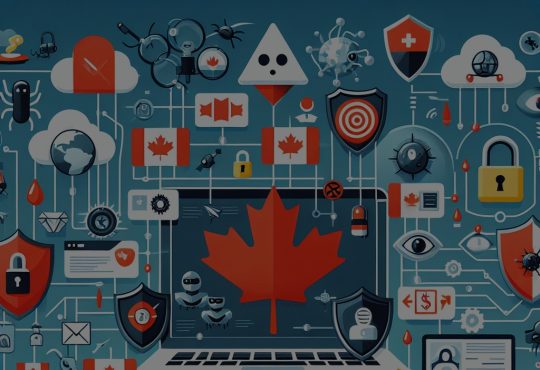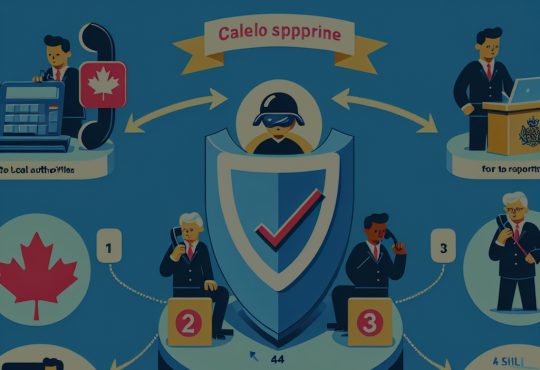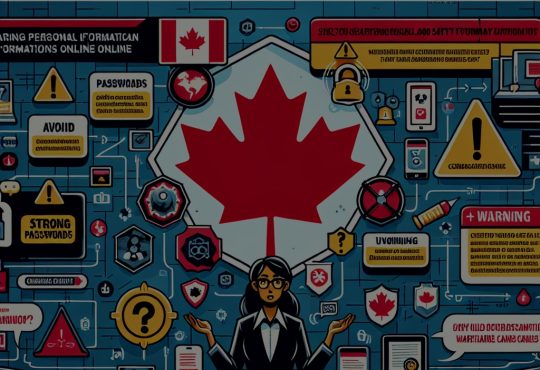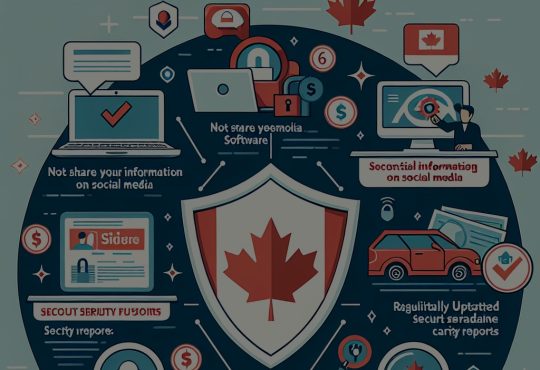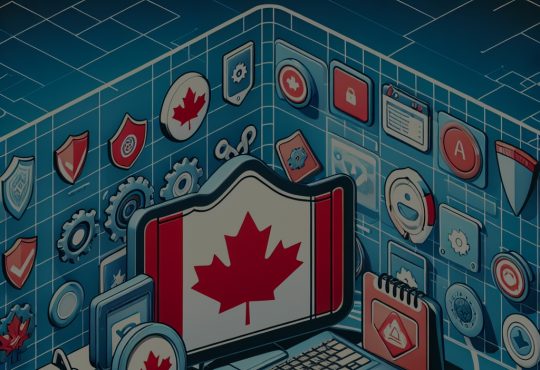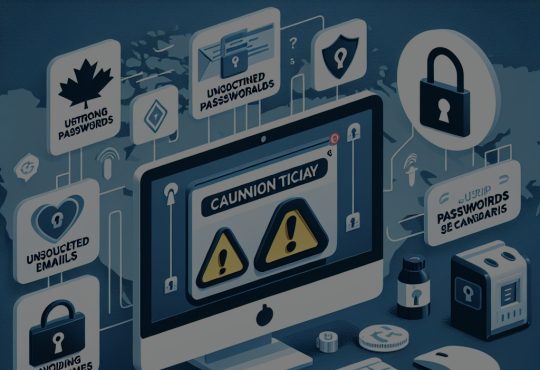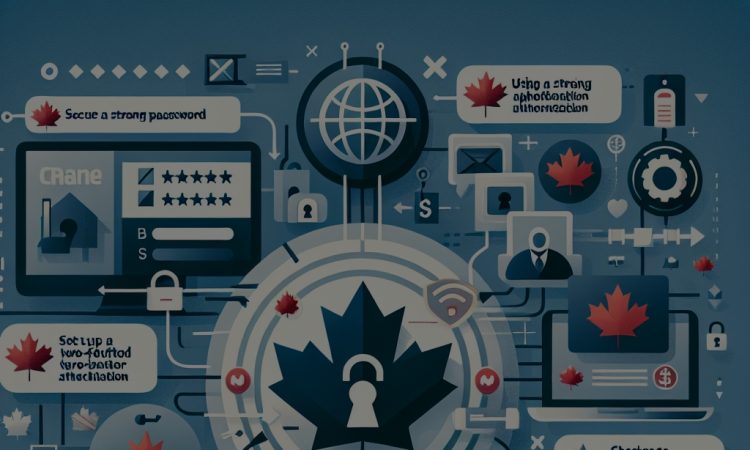
In an increasingly digital world, online banking has become a cornerstone of personal finance management for Canadians. With the convenience of managing accounts, paying bills, and transferring funds from the comfort of home, it also brings potential risks. Cybercriminals constantly evolve their tactics, making it imperative for users to prioritize security. Understanding the importance of online banking security, adopting key practices to safeguard personal information, and knowing the steps to take in case of fraud are essential components for anyone engaging in online banking. This article outlines crucial tips to help Canadians protect their online banking activities.
Understanding the Importance of Online Banking Security
Online banking security is vital for safeguarding your financial assets and personal information. With the rise of cybercrime, Canadians must recognize that their bank accounts are prime targets for hackers. Cybercriminals deploy various tactics, such as phishing schemes and malware, to gain unauthorized access to sensitive data. By understanding these threats, users can better prepare themselves against potential attacks and protect their assets.
Moreover, the consequences of online banking fraud can be devastating. Victims may face significant financial losses, damage to their credit scores, and lengthy disputes with banks or financial institutions. Staying informed about the types of fraud prevalent in Canada, such as identity theft and account takeovers, can help consumers recognize red flags and act swiftly to mitigate risks.
Furthermore, banks and financial institutions are continuously enhancing their security measures to combat online threats. However, the ultimate responsibility for safeguarding personal banking information lies with the users. Being proactive in understanding security protocols and implementing best practices is crucial for an effective defense against online fraud.
In summary, recognizing the importance of online banking security is the first step towards protecting your financial well-being. By educating yourself about potential threats and the consequences of fraud, you can take meaningful action to enhance your online banking experience and keep your finances secure.
Key Practices to Protect Your Personal Banking Information
To secure your online banking experience, implementing robust practices is essential. Firstly, employ strong, unique passwords for your banking accounts. A good password should combine upper and lower-case letters, numbers, and special characters, making it difficult for hackers to guess. Additionally, avoid using the same password across multiple platforms to reduce the risk of a security breach.
Another critical practice is enabling two-factor authentication (2FA) whenever possible. This extra layer of security requires users to provide two forms of verification before accessing their accounts. Whether it’s a text message containing a code or a fingerprint scan, 2FA significantly reduces the chances of unauthorized access, even if your password is compromised.
Be mindful of the devices you use to access your online banking accounts. Always use secure, private networks and avoid public Wi-Fi when managing your finances. Public networks can expose your data to cybercriminals, making it easier for them to intercept sensitive information. If you must use public Wi-Fi, consider employing a Virtual Private Network (VPN) to encrypt your connection.
Lastly, regularly monitor your bank statements and account activity for any irregularities. Promptly reporting any suspicious transactions can help you address potential fraud before it escalates. By adopting these key practices, you can enhance your online banking security and enjoy a more secure financial experience.
Steps to Take if You Suspect Online Banking Fraud
If you suspect that you have been a victim of online banking fraud, immediate action is paramount. First and foremost, contact your bank or financial institution as soon as possible. Most banks have dedicated fraud departments that can assist you with securing your account and investigating any unauthorized transactions. The quicker you report the issue, the better chance you have of minimizing potential losses.
After notifying your bank, consider changing your passwords for all your online accounts, not just banking. Create new, strong passwords, and ensure you enable two-factor authentication wherever it is available. This step is crucial as it helps prevent further unauthorized access to your accounts.
It is also advisable to check your credit report for any signs of identity theft. You are entitled to one free credit report per year from major credit reporting agencies in Canada. Reviewing your report can help you identify unauthorized accounts or inquiries, enabling you to take further action if needed. If you discover evidence of identity theft, report it to the relevant authorities.
Lastly, consider filing a report with the Canadian Anti-Fraud Centre and the local police. Providing detailed information about the incident can aid in investigations and help authorities track and combat fraud. By taking these steps promptly, you can mitigate the damage caused by online banking fraud and protect yourself from future incidents.
Securing your online banking in Canada is not just a matter of convenience; it is a critical aspect of financial health that requires vigilance and proactive measures. By understanding the importance of online banking security, adopting essential practices to protect your information, and knowing the steps to take if fraud occurs, you can significantly reduce the risks associated with online banking. As technology continues to evolve, staying informed and adapting to new threats will empower you to navigate the digital banking landscape safely and confidently.

